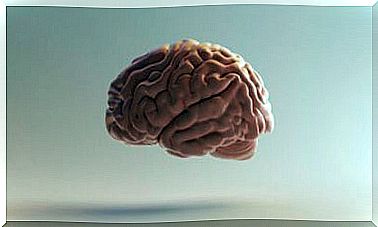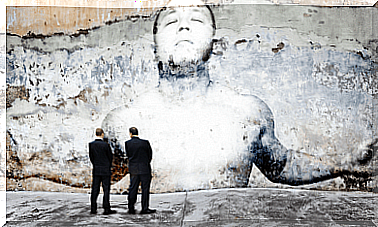People Addicted To Relationships: Slaves Of Affective Attachment
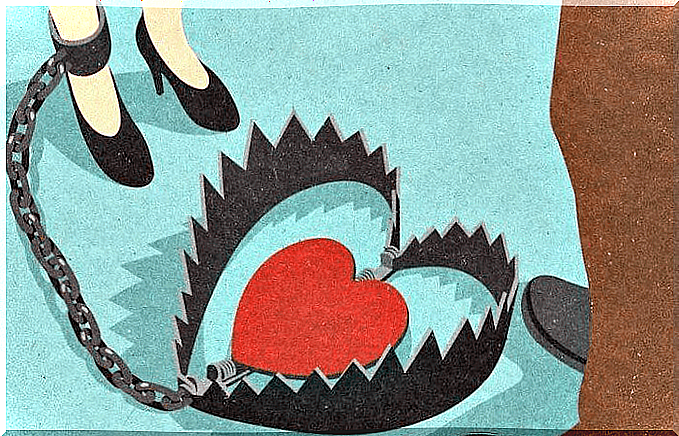
Love sickness exists, it is real and the victims number in the thousands . Because there are people addicted to relationships who leave their dignity and self-esteem in the lost property area every day to practice an affective attachment that is as toxic as it is destructive. They are profiles characterized by a clear emotional immaturity where love suddenly becomes a bitter substitute with serious side effects.
People addicted to affective relationships will never form a healthy and happy bond, because what they create they are hostages. These couples set up a scenario of uncontacted captivity on a daily basis, in a ring of suffering where all kinds of values are sacrificed, all kinds of moral, emotional and even psychological principles.
Thus, and as usually happens in any other type of addiction, it is not easy to break a habit fueled by that fierce need: to be part of someone, to fold ourselves at the feet of a person to feel complete, nourished, fulfilled. When the brain gets used to that dynamic, to that substitute for bad love or poisoned drugs, it is very difficult to detach ourselves from the familiar routine …
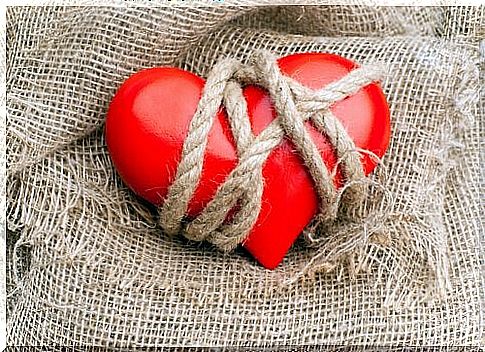
How are people addicted to relationships?
People addicted to affective relationships are like any other. They have their jobs, their personal filming, their tastes, their passions, their virtues, their defects. With this we want to express a simple idea: love addiction has no age, no status, it does not discriminate and can occur in many of us without our realizing it. Without having yet perceived that, perhaps, our romantic relationship has clearly addictive components.
Now, if we delve into the layer of that muscle that is the essence of our affective needs, we will realize some things. The first is that there are two types of relationship addicts. Type 1 defines those people who always need to have a partner. Its principle would be summed up in that “one does not fall in love with whoever wants to, but with whoever can, but the important thing is to love, to have someone.”
The type 2 addict acts like a trap. As soon as they start a relationship, they get hooked, trapped in it. They will not leave her, even if it is harmful, even if it violates all the foundations of her dignity. Likewise, both type 1 and type 2 addict have common characteristics: fear of loneliness, lack of a clear identity of themselves, lack of self-esteem, constant search for affection and validation of the other, lead to extreme behaviors in order to maintain the relationship and present extreme anxiety when something is perceived to be wrong …
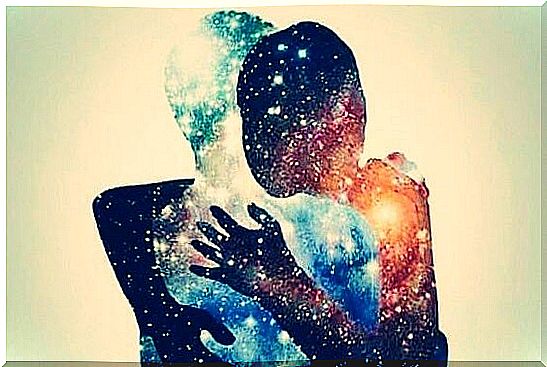
All this symptomatology that profiles people addicted to relationships has almost the same pattern as a substance abuse disorder. The brain needs that dose of obsessive attachment, that nutrient that the other gives us, even if his, is often adulterated and toxic love. In this way, little by little, we end up being unable to regulate our behavior. To the point of reaching extreme situations: anxiety disorders, eating disorders, suicide attempts …
What can people addicted to relationships do to end these dynamics?
It is very difficult to quit smoking when we are still holding a cigarette. Therefore, it will be equally difficult for us to leave an addictive relationship when we continue to feed on the same ideas, an affective nicotine that destroys self-love.
There are those who come to therapy complaining that they always end up falling in love with the wrong people, the most “harmful”, they insist. It is as if their brains are programmed to fall into the same damaging dynamics; Instead of learning from the past and from bad experiences, they end up in similar situations over and over again. Why happens? Why is it so difficult for people addicted to relationships to end these behaviors?
Basically because they have not yet understood the repercussions of this “love dependency”. Because they are vulnerable, with low self-esteem, with an unhealthy need for attachment, and because they need to work on a number of key issues. They are as follows.
How to cope with my affective addiction
- It is necessary to recognize one’s own addiction in affective relationships and their consequences. Let’s be honest with ourselves and acknowledge that there is something wrong. Let’s open our eyes and practice affective realism.
- It must be understood that the psychic and emotional tendon of every relationship is respect and self-respect. Without it we do not deserve to love or be loved, because what is not respected is neglected and shattered.
- Also, it is vital to understand another aspect. Attachment, the obsessive need to have someone by our side at any cost and in any situation, no matter how harmful, corrupts us as people, degrades us, destroys all our potential.
- Often times, we make our wishes a necessity. Behind the phrase “I want to be loved” are often hidden needs that need to be explored and understood. If I need recognition, validation, or defending myself from loneliness at all costs, I don’t have to hunt for hostages to fulfill those wishes. Those dimensions must be covered first by me.
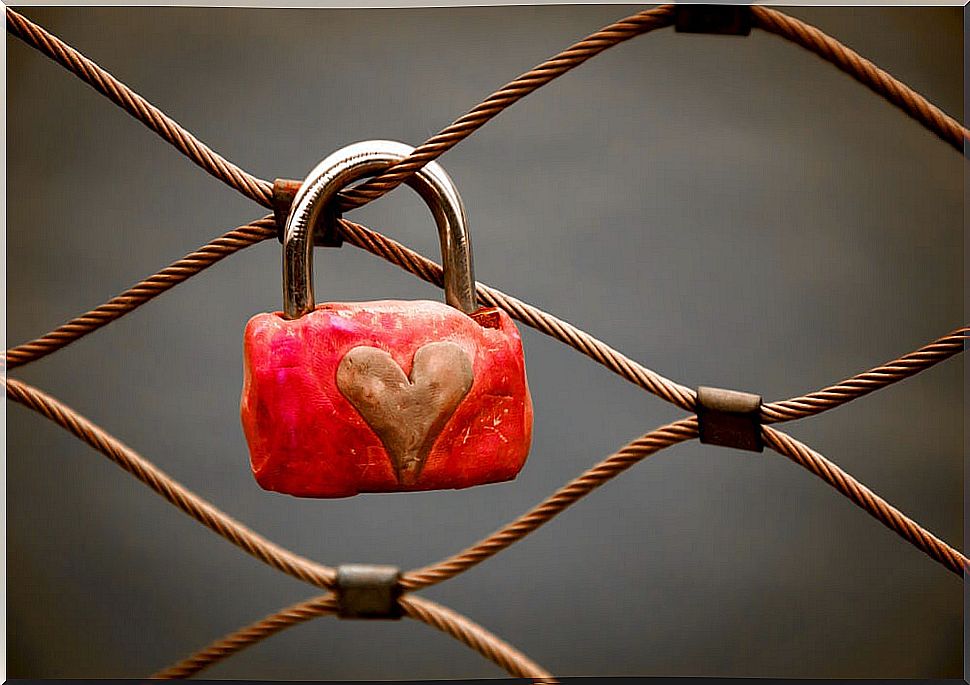
People addicted to affective relationships should take the step and ask themselves a simple question: what do I prefer: lovesickness or affective health? If the latter is chosen, there is only one path left, one that appears simple but requires deep inner work. It is about working on one’s own self-esteem, building a strong, brave and shining dignity capable of freeing ourselves, creating enriching ties where there are no hostages: only free people who are chosen to build a common project.

